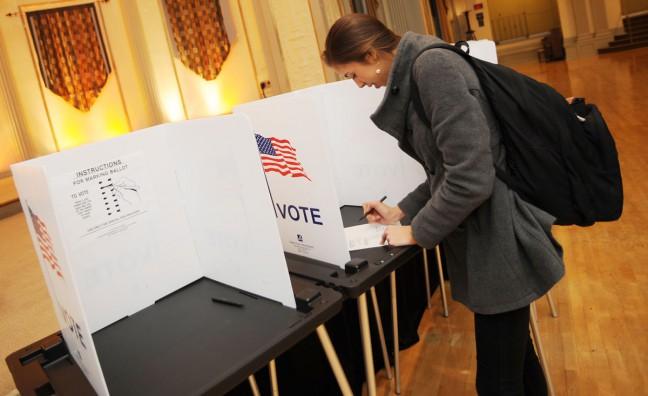Almost 600 voters were given provisional ballots this past election but 19 of them were not counted because the voters failed to provide correct ID.
According to USA Today Network’s review of state records, 590 voters across Wisconsin cast provisional ballots, which are marked by voters but not counted at the time they are cast. They are issued to voters who are unable to provide poll workers with documentation as required by Wisconsin and federal law. Only 89 provisional ballots have been counted so far, so the number of rejected ballots could increase.
University of Wisconsin political science professor Barry Burden said casting provisional ballots is a new trend in Wisconsin that the state voter ID law could have perpetuated. More provisional ballots lead to a higher probability of rejected ballots.
UW political science professor Kenneth Mayer said the rejected ballots may point to the number of voters who were possibly disenfranchised in Wisconsin, Mayer said.
“The issue isn’t that 19 ballots were rejected,” Mayer said. “The issue is that there were at least 19 voters who tried to vote and were unable to because of the voter ID law.”
Voter ID advocates believe the law prevents incidents of fraud, but Mayer said these incidents are rare. Burden said it is important to examine exactly how voter ID laws affect people. UW’s political science researchers are currently conducting a study examining the role voter ID played in voter turnout in Wisconsin.
Approximately 300,000 people did not have a valid ID to vote in Wisconsin alone, UW political science professor David Canon said. The number of provisional ballots cast may be a small fraction of votes, but it could have made a significant difference in close elections like this past one, especially among minority and Democratic voters, Canon said.
This was the first major election that the voter ID law was in effect. While Wisconsin is one of many states to enforce voter ID laws, states use provisional ballots for different reasons, Burden said.
“It’s certainly hard to compare,” Burden said. “It will take us a few election cycles to compare the impact of these laws across other states.”













